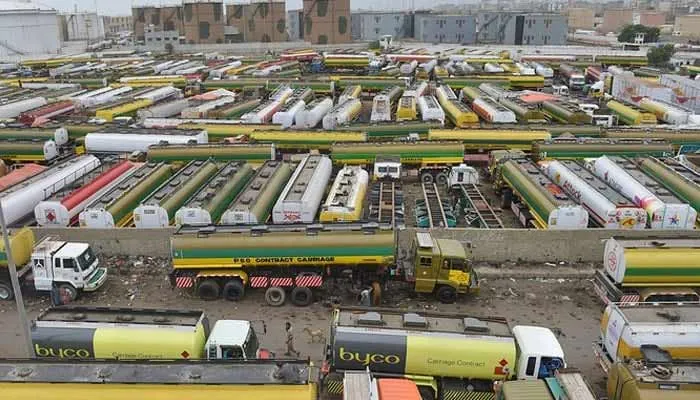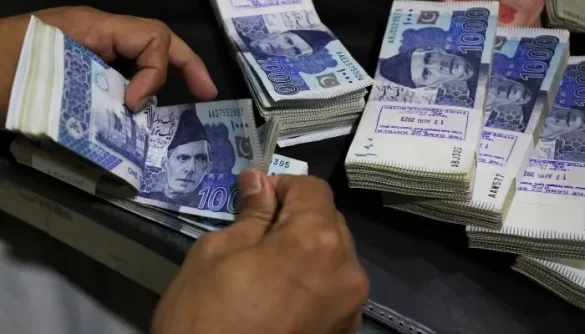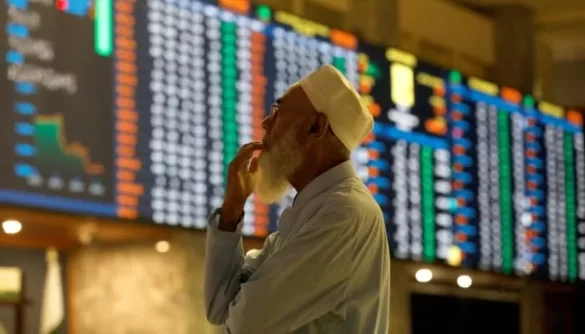KARACHI — The enforcement of the Sindh Infrastructure Development Cess by the provincial government has disrupted the clearance of petroleum products at Karachi Port, raising fears of a potential nationwide fuel shortage.
The Oil Companies Advisory Council (OCAC) has sent an urgent letter to the Sindh Chief Minister, urging immediate action to clear petroleum cargoes currently being discharged and ships anchored at the port. The letter highlighted that Pakistan State Oil (PSO) tankers MT Islam 2 and MT Hanifa are berthed and awaiting customs clearance, while oil stocks at the Keamari terminal are dwindling.
“Only after customs clearance, the continuity of petroleum supply chain across the country can be ensured,” OCAC Chairman Abdul Sami Khan warned.
The council further cautioned that if Wafi Energy’s petroleum cargo and Pak Arab Refinery’s (Parco) crude oil shipments arriving on October 21 are not cleared promptly, the supply disruption will worsen. OCAC stressed that restoring normal fuel distribution could take up to two weeks, even after the issue is resolved.
Financial and Operational Impact
The 1.8% cess on petroleum, oil, and lubricants (POL) imports, implemented under the Sindh Infrastructure Development Cess, could raise fuel costs by more than Rs3 per litre, directly affecting consumers despite regulated prices. The OCAC highlighted that the agriculture season is underway, making uninterrupted petroleum supply critical for national food production and transport logistics.
The imposition of the cess exposes the downstream petroleum sector to severe financial and operational risks, as a single 40,000-metric-ton vessel carries cargo valued at approximately $40 million.
Read More: Pakistan Tightens Measures Against Fuel Smuggling, Provinces Urged to Enforce New Law
Legal Background and Industry Concerns
The levy on POL imports has a long history, first introduced in 1994 by the Sindh and Balochistan governments. Its collection was challenged in the Sindh High Court (SHC), which initially stayed it but upheld it in 2021. The oil industry had sought relief from the Supreme Court, which suspended the SHC order but directed protections for bank guarantees.
In July 2023, the Sindh Sales Tax & Excise Department reinstated requirements for submitting local taxes and levies declarations at the time of goods declaration. Interim arrangements later allowed industry players to submit undertakings instead of bank guarantees, ensuring continuous oil supply. However, the government has now reinstated bank guarantees, creating operational challenges for the sector.
Federal vs Provincial Jurisdiction
The Ministry of Energy has repeatedly emphasized that petroleum pricing falls under federal jurisdiction, and other provinces like Punjab and Khyber-Pakhtunkhwa have exempted petroleum products from infrastructure cess. The OCAC called on the Sindh government to urgently reconsider the imposition of the levy to prevent supply chain disruptions.
With the agricultural season underway and significant fuel stocks pending clearance, stakeholders warn that the situation requires immediate government intervention to avoid nationwide shortages and economic fallout.
With additional input from Zafar Bhutta















